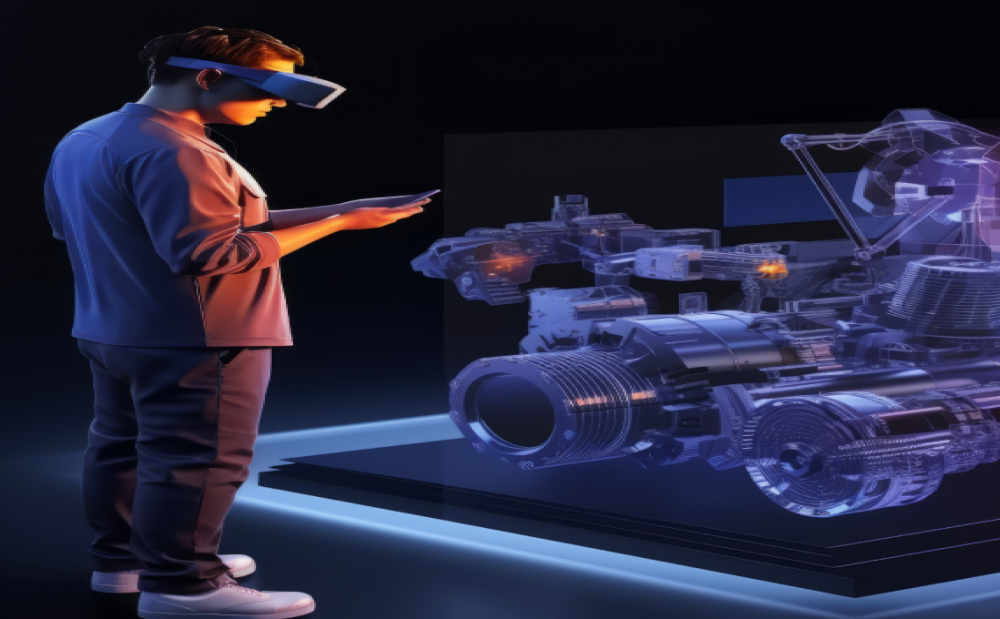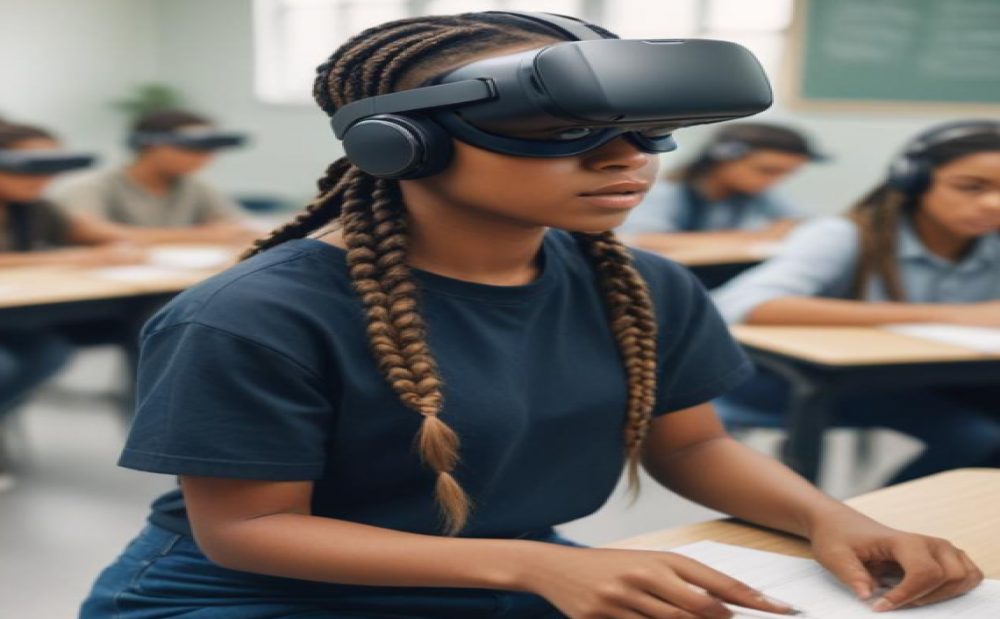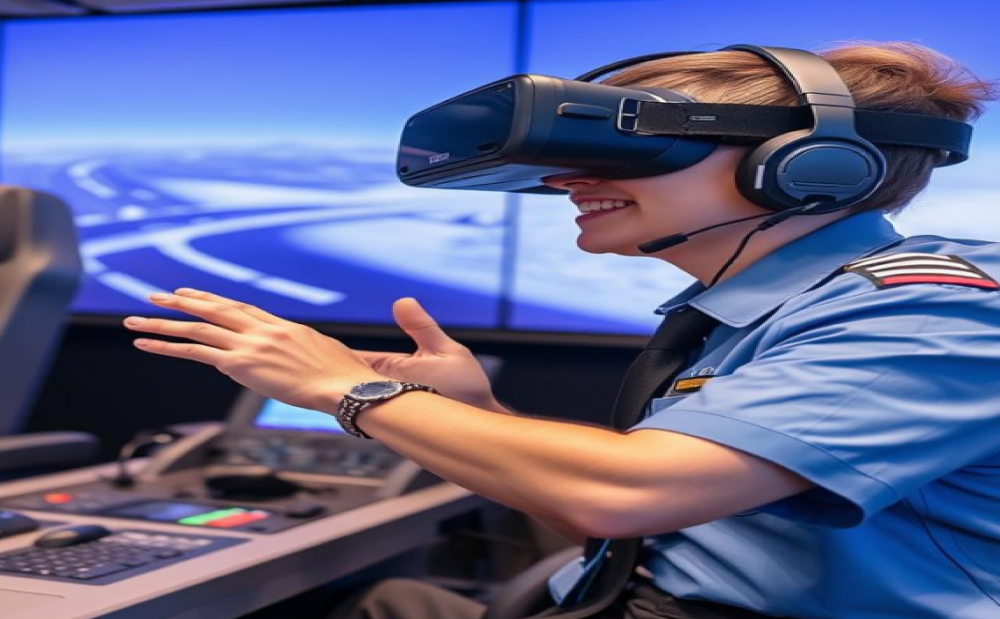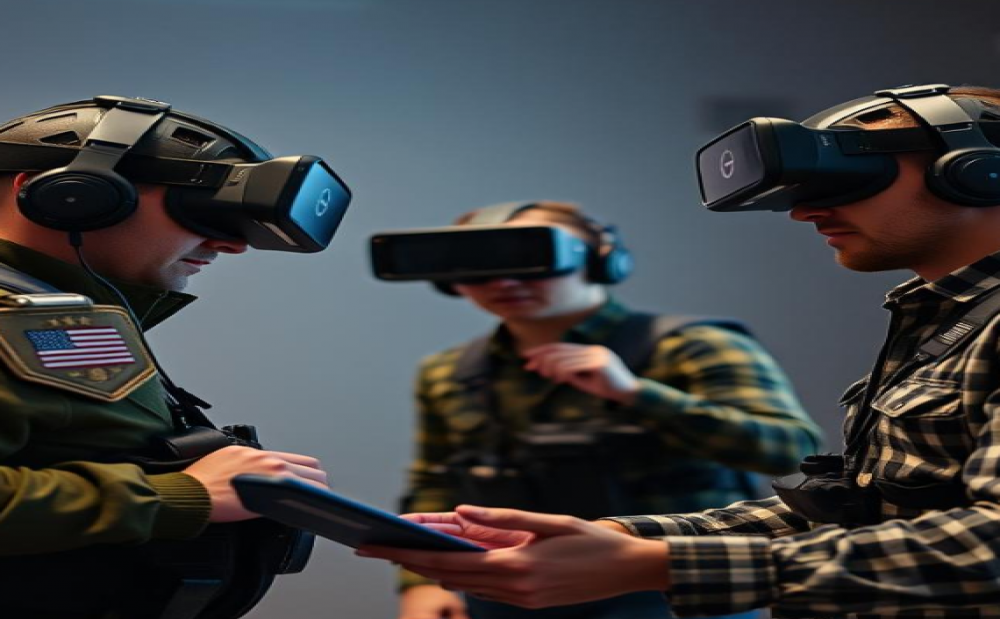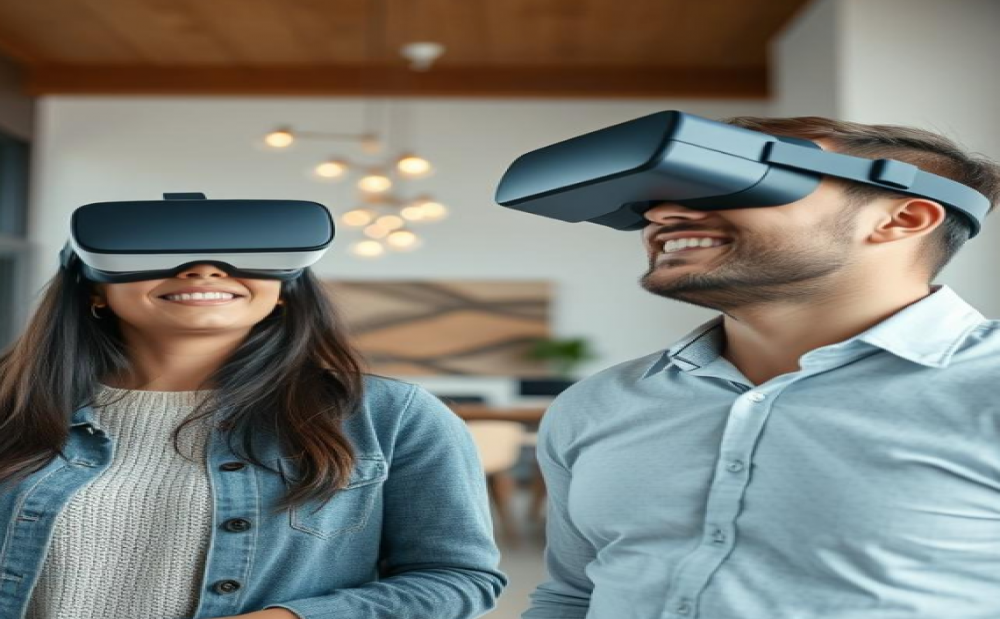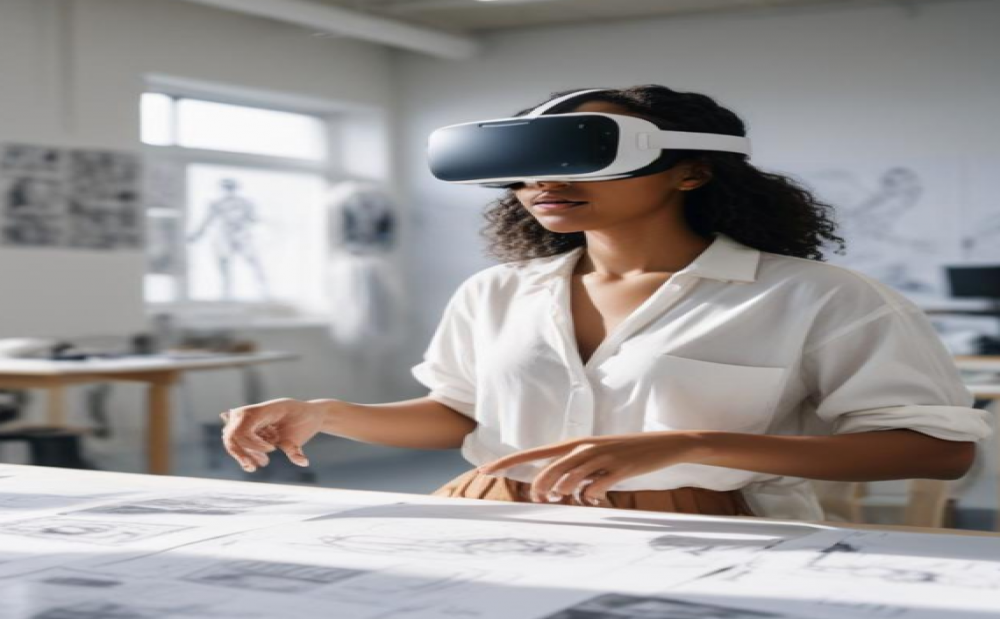Surgical Training and Simulation
- Realistic Surgical Scenarios: VR creates lifelike surgical simulations, allowing trainees to practice procedures without risk to patients.
- Repetition and Mastery: Trainees can repeat complex surgeries until they achieve proficiency, enhancing their skills and confidence.
- Immediate Feedback: VR provides real-time feedback on performance, helping trainees identify and correct mistakes instantly.
Medical Procedure Training
- Hands-On Practice: VR enables trainees to practice a wide range of medical procedures, from simple to complex, in a controlled environment.
- Standardized Training: Ensures consistent training experiences across different locations and institutions.
- Skill Assessment: VR tracks and assesses trainee performance, providing detailed reports on their progress.
Emergency Response Training
- Simulated Emergency Scenarios: VR immerses trainees in high-pressure emergency situations, helping them develop critical decision-making skills.
- Team Coordination: VR facilitates team-based training, improving communication and coordination during emergencies.
- Preparedness: Regular VR training prepares healthcare professionals for real-life emergencies, enhancing their readiness and response times.
Patient Interaction and Communication
- Empathy Training: VR scenarios help medical professionals develop empathy by experiencing patient perspectives and interactions.
- Communication Skills: VR training enhances communication skills, crucial for effective patient care and collaboration with colleagues.
- Behavioral Training: VR provides a safe space to practice and refine patient interaction techniques, improving bedside manner and patient satisfaction.










